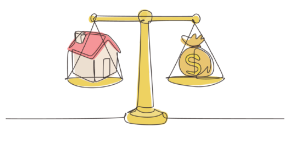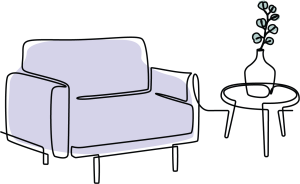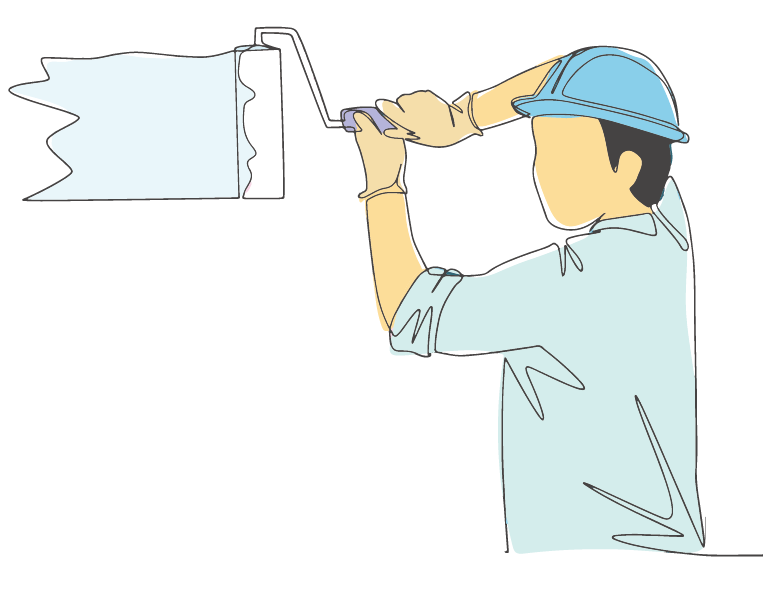Vendors and purchasers frequently ask for advice when negotiating on property.
“Vendors want to know how to respond to a purchaser’s first offer,” Patrick Berry, Real Estate Agent of 4one4 Real Estate said. “Purchasers want to know what sort of offer to make – interestingly enough not because they are looking for a bargain (although some people are!) but because they like the property so much they are afraid their offer will offend.”
Patrick said that purchasers who have done their homework are their own best advisers, especially since a more professional agent will always be acting for the vendor.
“By the time purchasers are ready to make an offer they know what is selling for what price” Patrick said. “But they need to be realistic – a ridiculous initial offer on a competitively priced property rarely ends up in the bargain the purchaser was hoping for. Vendors who are offended often refuse to come back with a counter offer and the purchaser misses out on the opportunity to buy.”
According to Patrick many people forget that negotiation is a two-way process – a kind of adjustment where two parties evolve slowly to a position they find mutually satisfactory.
“Vendors who won’t negotiate miss out on genuine purchasers and end up selling for less in the long run when the property becomes stale,” Patrick said. “Only very skilled negotiators know when refusing to negotiate is the best strategy. Whether you’re a purchaser or a vendor, leaving a window open for negotiation usually means you won’t get the door closed on the sale. A non-negotiation stance is confrontationist and leads to a breakdown in communication and a no-sale.
Patrick said that vendors who don’t negotiate never find out the highest price their would-be purchaser is prepared to pay. Even if they don’t like the highest offer the information is useful for future comparison with other offers.
“One of the biggest mistakes purchasers make is walking away from a property just because their research tells them it is really overpriced,” Patrick said. “They think vendors won’t come down to what they are prepared to pay. However not making an offer on a property you like is the ultimate non-negotiation stance. Paradoxically this can be the time when purchasers get their best buys because other people are equally offer shy and there is no competition. Such properties often end up selling for less, particularly if they stay on the market at an inflated price. Once the property has been on the market long enough to reduce close to market value, competition increases and the price frequently negotiates up to the asking price or more and someone misses out.”
























